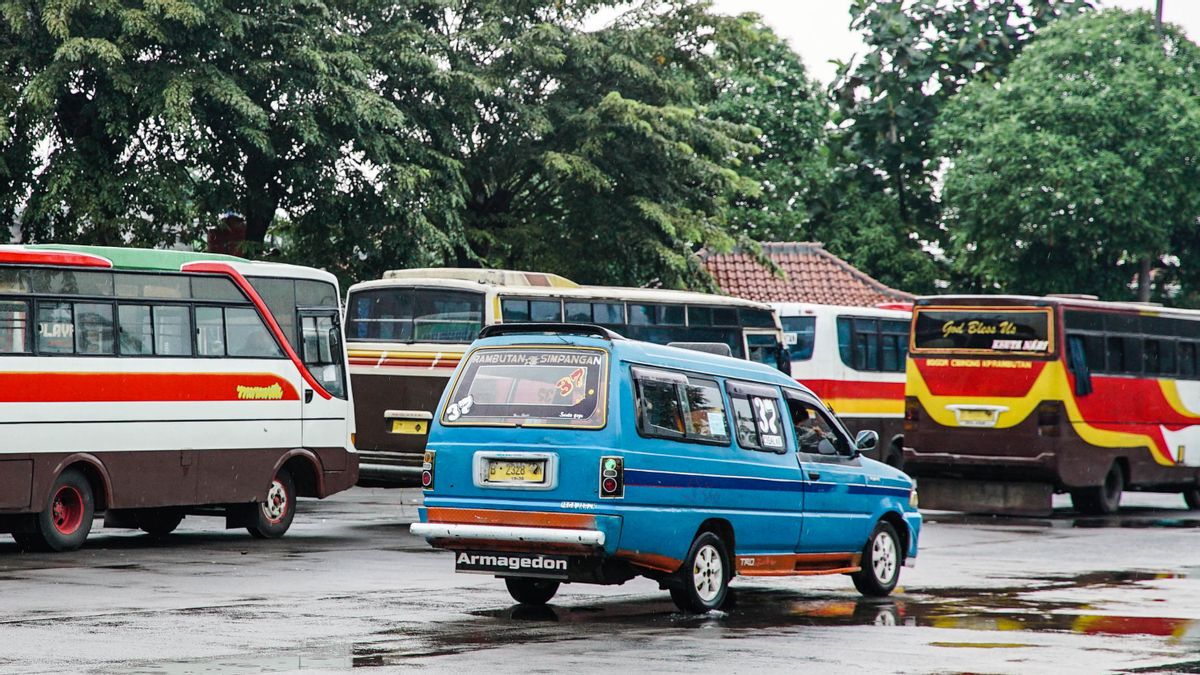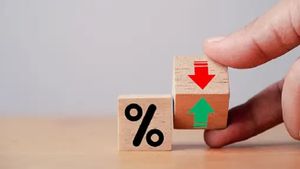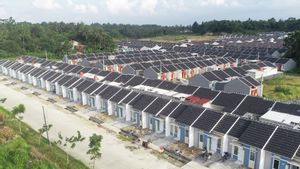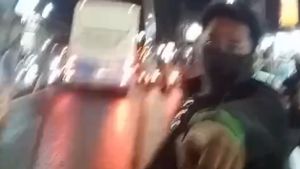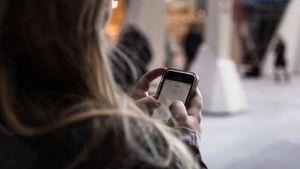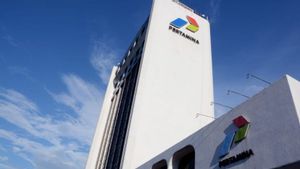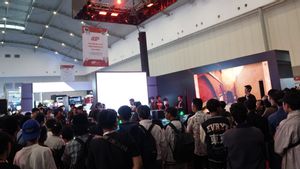JAKARTA - Transportation entrepreneurs have started shouting because PPKM has been extended. One of the bus companies in Jakarta even sells scrap metal to pay the salaries of its employees.
Member of Commission V of the Indonesian House of Representatives Hamid Noor Yasin wants the government to really minimize the impact of the COVID-19 pandemic in the transportation sector, especially after the announcement of the extension of PPKM until August 9, 2021.
"Some of the efforts that can be done are to accelerate the realization of incentives in the transportation sector that has been planned, for example the Buy The Service scheme for urban transportation which is planned for five pilot cities and 11 advanced cities as well as the realization of other assistance in the transportation sector," said Hamid Noor. Yasin in a release in Jakarta, quoted from Antara, Wednesday, August 4.
In addition to accelerating the realization of these incentives, Hamid also believes that additional incentives are needed, for example through the provision of relief in terms of financing, taxes and other costs that are usually paid through PNBP such as KIR fees, route permits or even user fees.
This special incentive, he continued, also needs to be given to transportation crews whose income is earned on a daily basis, such as drivers, carpenters and car washers.
Meanwhile, from the operational side, Hamid suggested that vaccination facilities should be provided for prospective passengers who have not been vaccinated, as has been provided for postal tests for PCR or antigen.
"This effort is expected to be useful to help accelerate vaccination targets and also revive the transportation sector in Indonesia," he said.
As is known, regions that are included in the PPKM Level 3 and 4 categories have been included in the Minister of Home Affairs Number 27 of 2021 for the Java and Bali Region and the Minister of Home Affairs Number 28 of 2021 for the Sumatra, Kalimantan, Sulawesi, Nusa Tenggara, Maluku and Papua Regions.
The government claims that PPKM has succeeded in limiting the movement of people and ultimately controlling the rate of transmission of COVID-19. The success of these restrictions on people's movements can be seen from the Google Mobility report in early July and August 2021.
It said, in early July it was reported that the movement of people in retail and leisure places decreased by 6 percent, tourist attractions decreased by 6 percent, public transport hubs decreased by 33 percent and in the workplace decreased by 28 percent.
Meanwhile, in early August 2021 it was reported that movement in retail and leisure places decreased by 19 percent, tourist attractions decreased by 20 percent, public transportation centers decreased by 44 percent and in the workplace decreased by 27 percent.
This reduction in movement correlates with a decrease in the number of daily COVID-19 cases where in early July the daily number of cases was around 25 thousand-40 thousand people per day, and in mid-July by 40 thousand-55 thousand people per day, while in late July and early July August the number of cases slightly decreased to 22 thousand-48 thousand people per day.
The English, Chinese, Japanese, Arabic, and French versions are automatically generated by the AI. So there may still be inaccuracies in translating, please always see Indonesian as our main language. (system supported by DigitalSiber.id)
